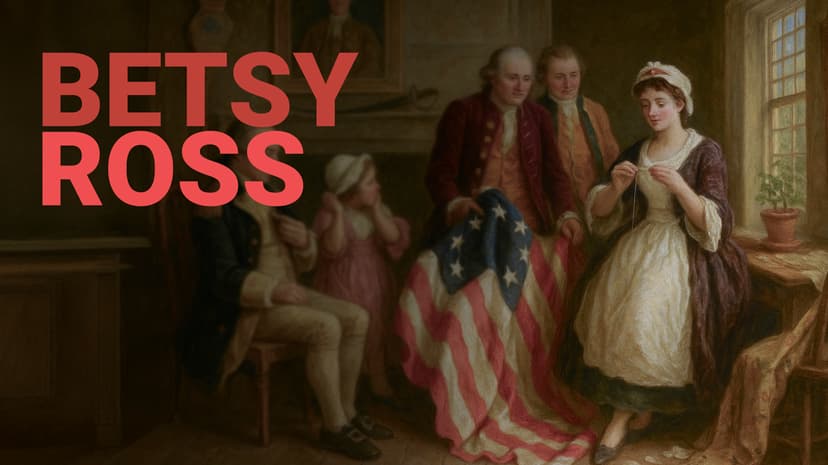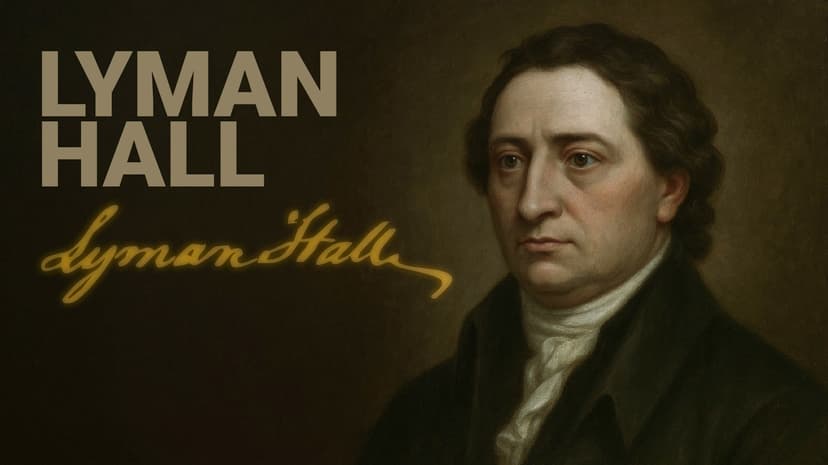Did this video impact you? Help us impact others!
Road to Liberty: William Whipple
Jun 12, 2025
·William Whipple was born in 1730 in Kittery, Massachusetts (now Kittery, Maine) into a seafaring family. After finishing school, he went to sea and became a ship captain by age 21, eventually amassing a small fortune. In 1759, he left maritime life and opened a mercantile firm in Portsmouth, New Hampshire, with two of his brothers.
By 1775, Whipple was a leading citizen of Portsmouth and helped elect delegates to the Continental Congress. In May, he was elected to represent Portsmouth in the Provincial Congress.
In 1776, Whipple won a seat in the Continental Congress. That January, he wrote to Josiah Bartlett, “Nothing less than the fate of America depends on the virtue of her sons…” He voted for independence on July 2 and signed the Declaration of Independence on August 2.
Whipple served on Congress’s Marine Committee and delivered orders to John Paul Jones, assigning him command of the Ranger. In 1777, Whipple was appointed Brigadier General of the New Hampshire militia. He led four regiments during the Battle of Saratoga and helped negotiate surrender terms with British General Burgoyne.
By 1780, Whipple returned to New Hampshire and served in multiple roles, including state legislator, associate justice of the New Hampshire Superior Court, and receiver of finances in the state.
Whipple died in Portsmouth in 1785. The New Hampshire Gazette wrote, “In him concentrated every principle that exalts the dignity of man. His disinterested patriotism and public services are now known to all. He was generous and humane, and the elements so mixed in him that nature might rise up and say THIS WAS A MAN.”



















